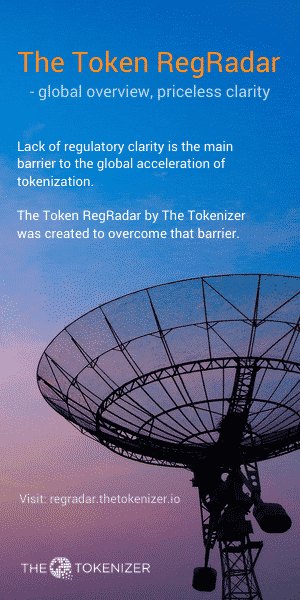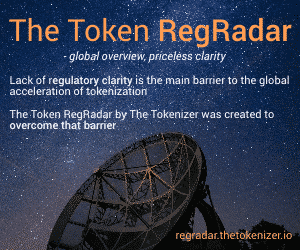HSBC becomes first bank in the world to offer tokenised gold
London-based financial powerhouse HSBC has made a significant leap into the world of digital assets, unveiling its gold tokenization platform on Wednesday. The move is part of the bank’s broader strategy to embrace blockchain technology and cater to the increasing demand for tokenized assets.
HSBC’s gold tokenization platform, built on distributed ledger technology (DLT), allows clients to possess tokenized ownership of physical gold stored in the bank’s vaults in London. Each token represents 0.001 troy ounce of gold, making it easier for institutional investors to trade and manage their gold holdings. The platform generates a permissioned digital representation of clients’ physical gold holdings, enhancing transparency and simplifying the trading process.
Mark Williamson, HSBC’s global head of FX and commodities partnerships and propositions, emphasized the platform’s potential to modernize precious metals trading. He stated that the platform enables clients to track their gold bullion using the serial number and vault information, streamlining the search for specific bars. HSBC aims to extend this tokenization approach to other precious metals, leveraging the efficiency and security of blockchain technology.
Institutional Focus and Market Impact
While HSBC’s tokenization system has the potential to allow retail users direct investment in gold fractions once regulations permit, the bank is currently focusing on the institutional market. The platform’s launch targets institutional investors, with an estimated market reach of around $525 billion in the greater London area alone.
This initiative marks HSBC’s entry into the gold tokenization market, a domain already explored by other entities like Paxos and Tether. However, HSBC’s unique position as one of the largest precious metals brokers globally and one of the four gold clearing institutions in the London market adds significant weight to this development.
Industry Evolution and Future Prospects
The launch of HSBC’s gold tokenization platform aligns with the evolving landscape of digital assets, offering a compelling alternative for investors in the face of macroeconomic uncertainties. The platform’s introduction also reflects the broader trend in the market toward tokenizing real-world assets, bridging the gap between traditional finance and the crypto space.
John O’Neill, HSBC’s head of digital assets strategy, markets, and securities services, highlighted the growing appetite for tokenization solutions linked to real-world assets, citing gold’s enduring appeal amid inflationary concerns. Tokenized gold has emerged as the second-most tokenized asset by market capitalization, following the USD, according to a recent report by RedStone Chaos Labs.
With the launch of its gold tokenization platform, HSBC positions itself at the forefront of the digital asset revolution, paving the way for a future where traditional financial players seamlessly integrate with the rapidly evolving crypto market. As the tokenization space continues to mature, HSBC’s move underscores the industry’s shift toward a new era of on-chain finance.
Photo by Rene Böhmer on Unsplash
Read other stories: Hong Kong Accelerates Efforts to Become Global Virtual Asset Hub Through Tokenization Initiatives
World’s First Institutional Tokenized Sukuk Linked to a Sovereign Instrument
You Might also Like















